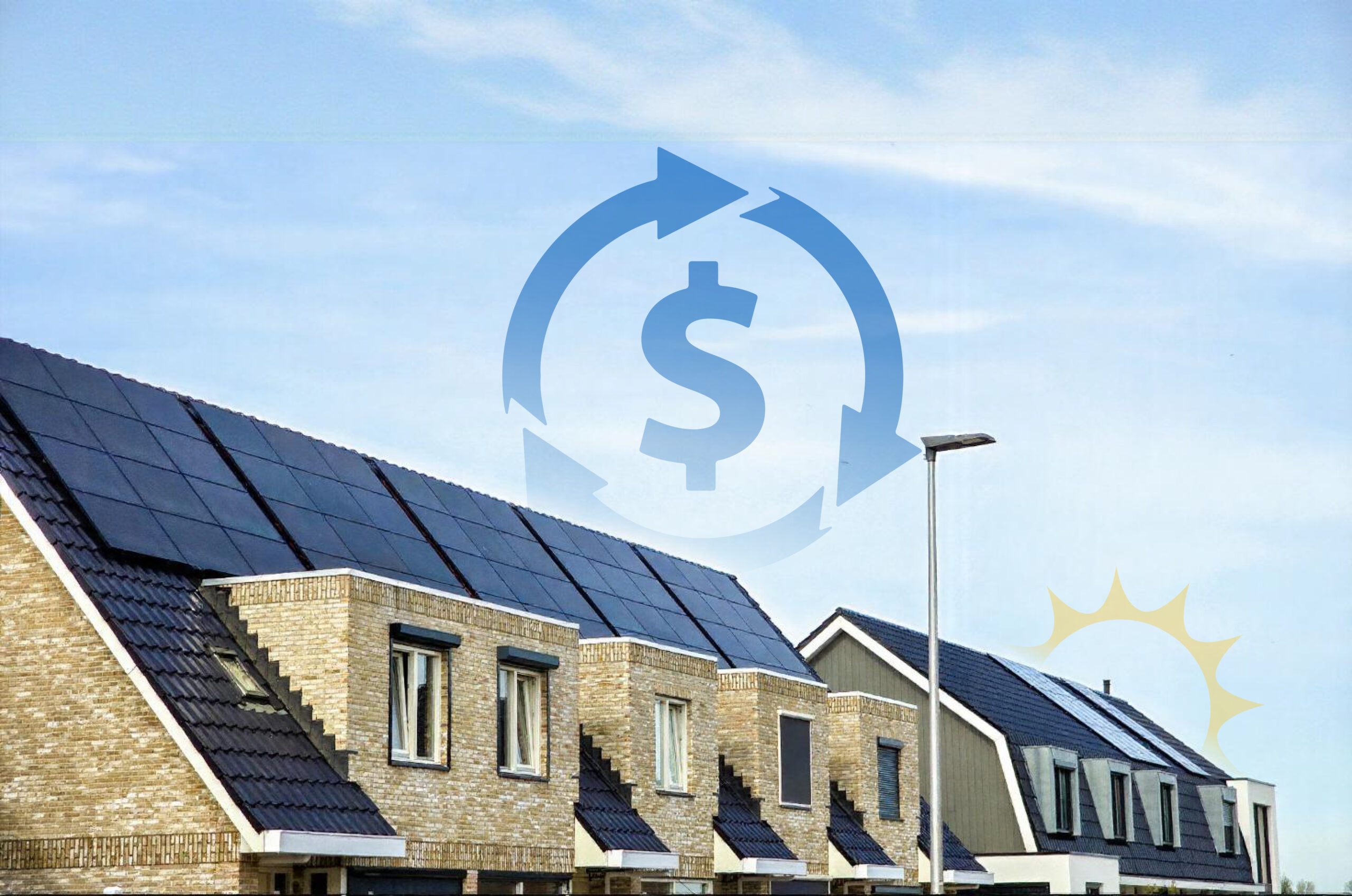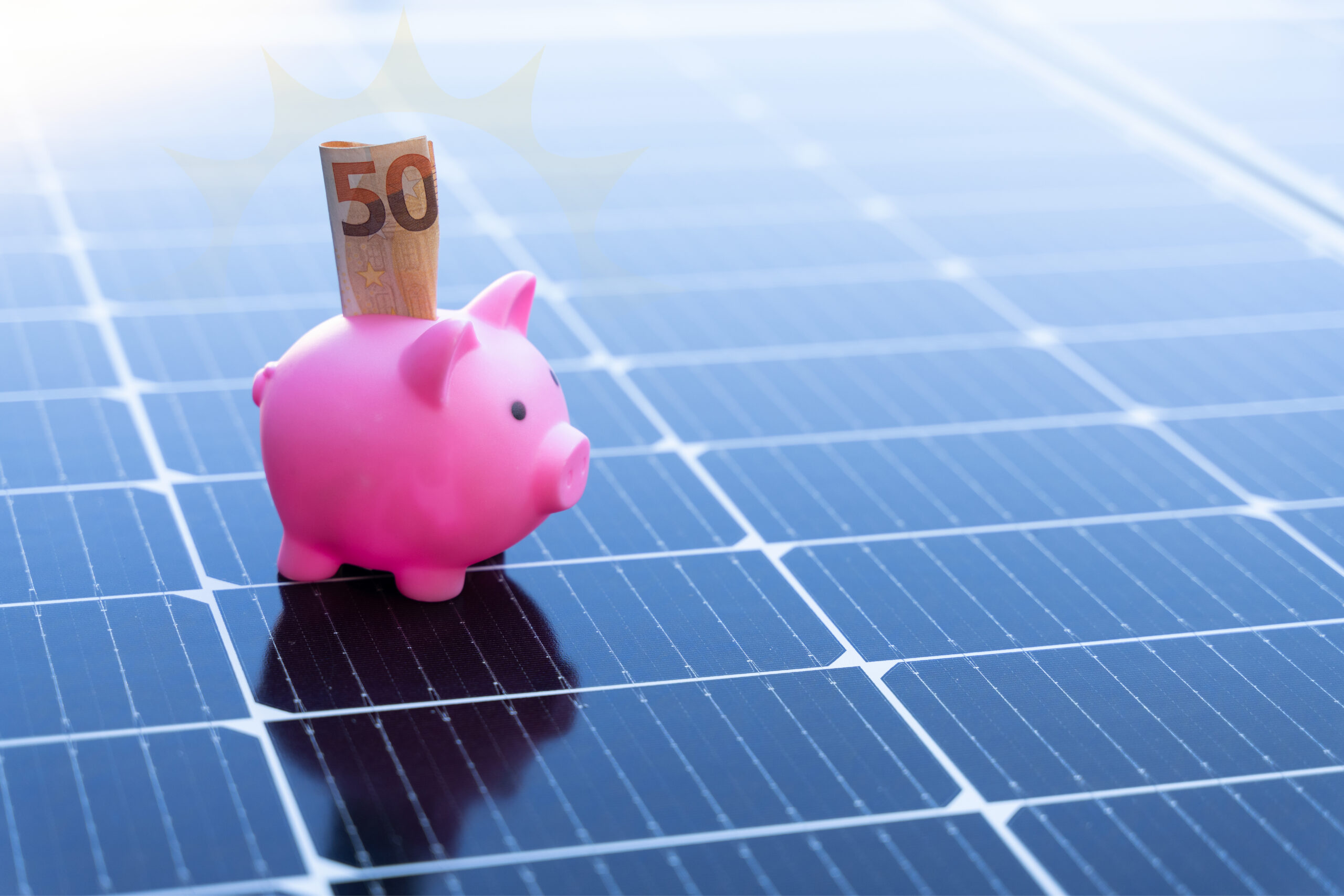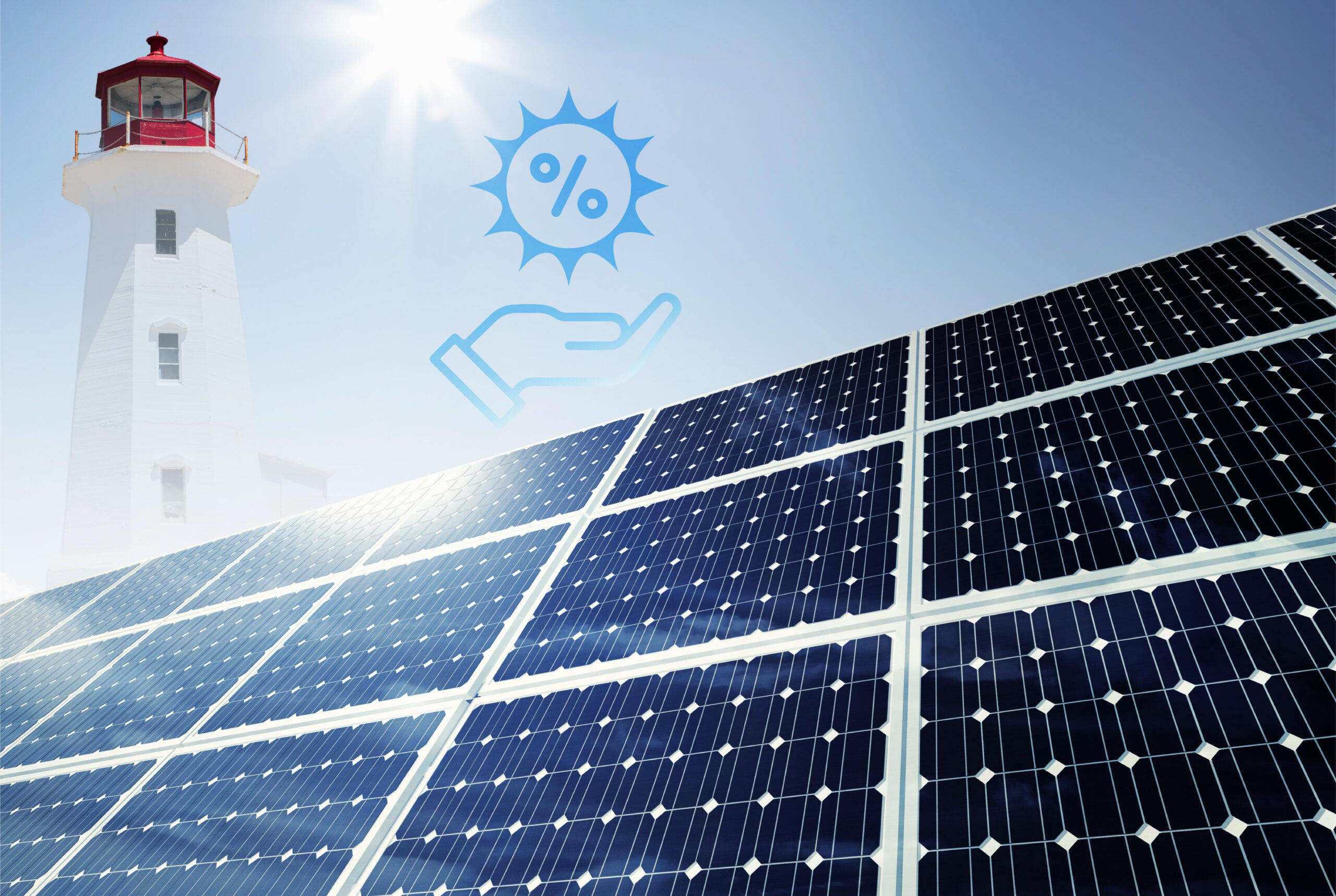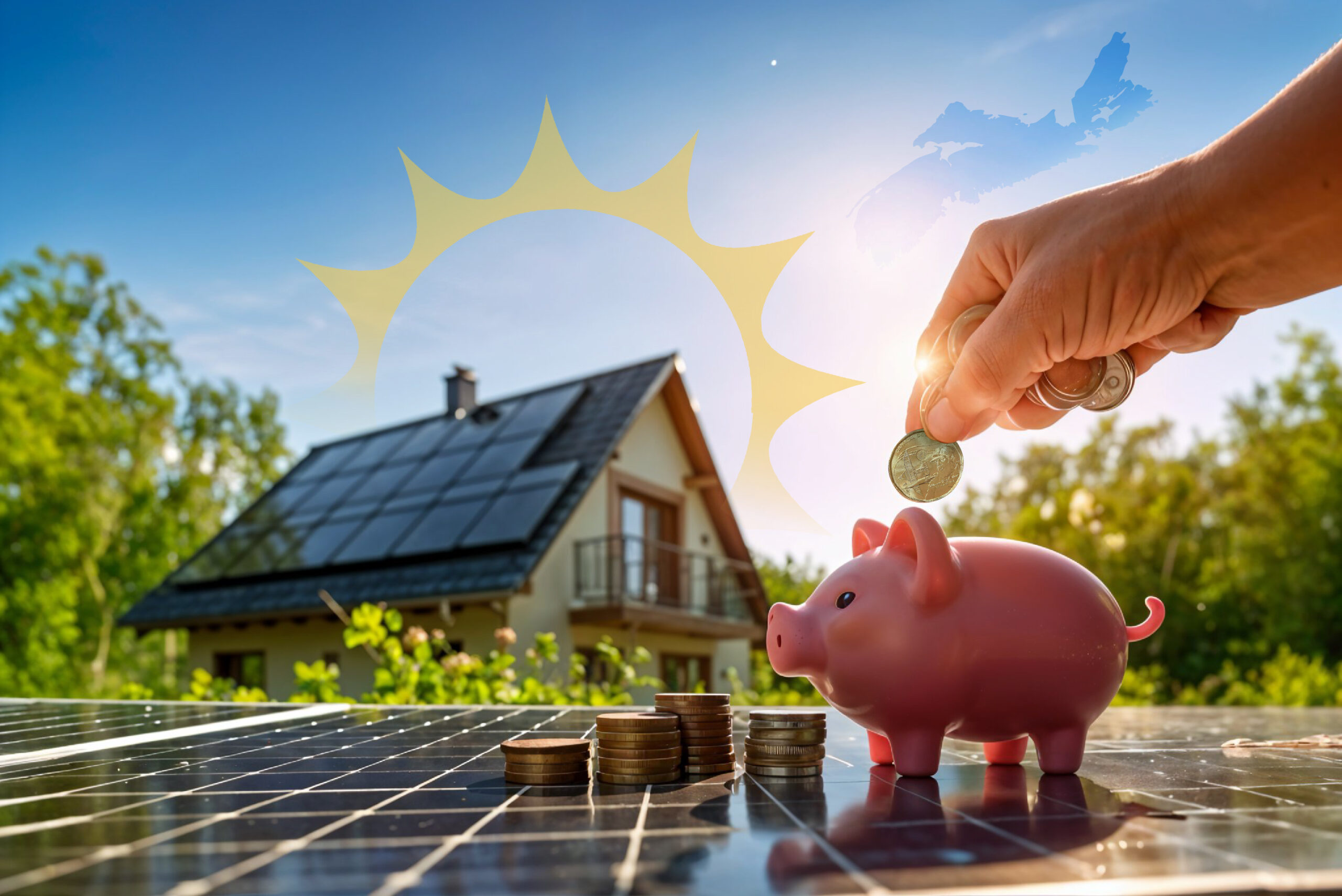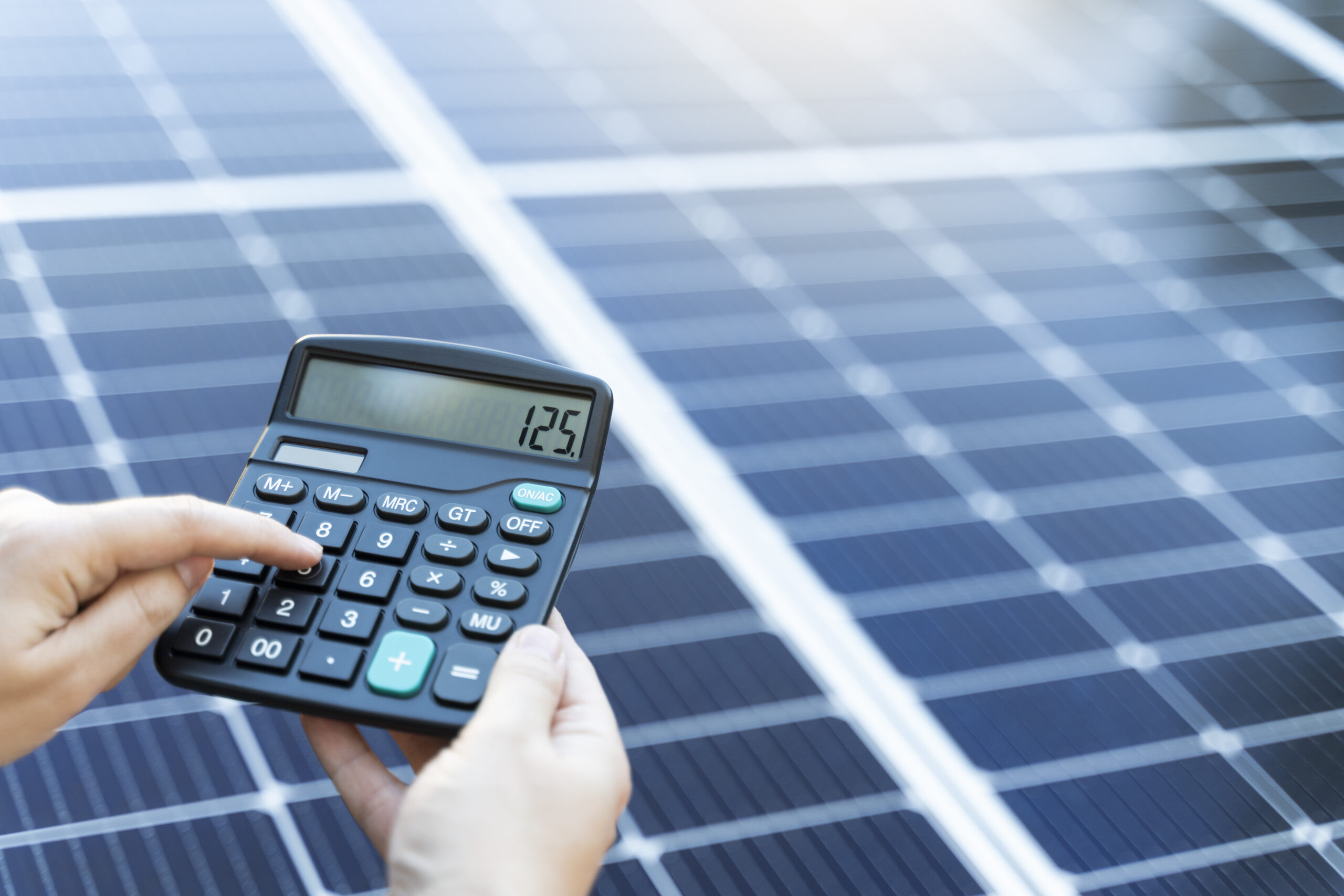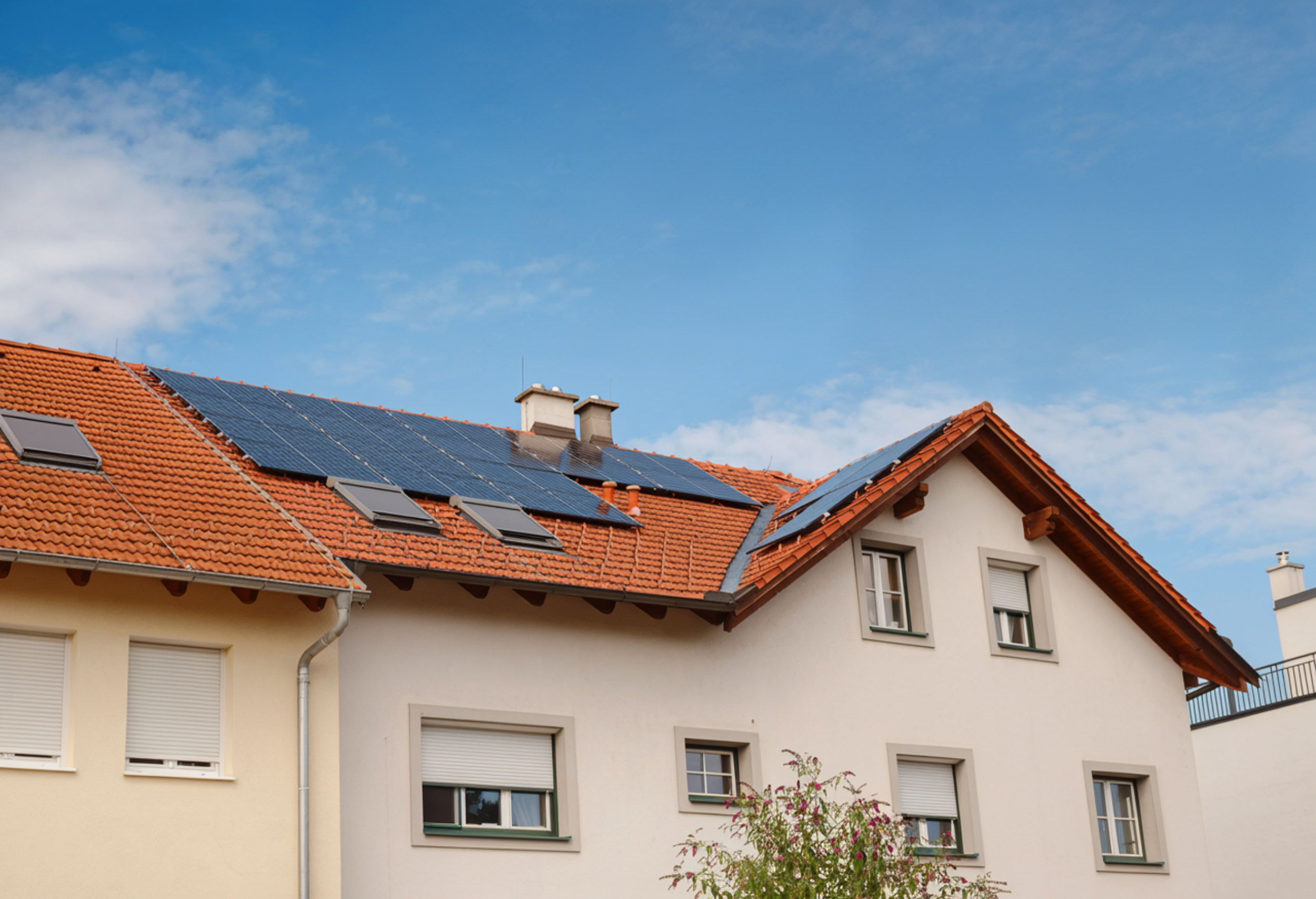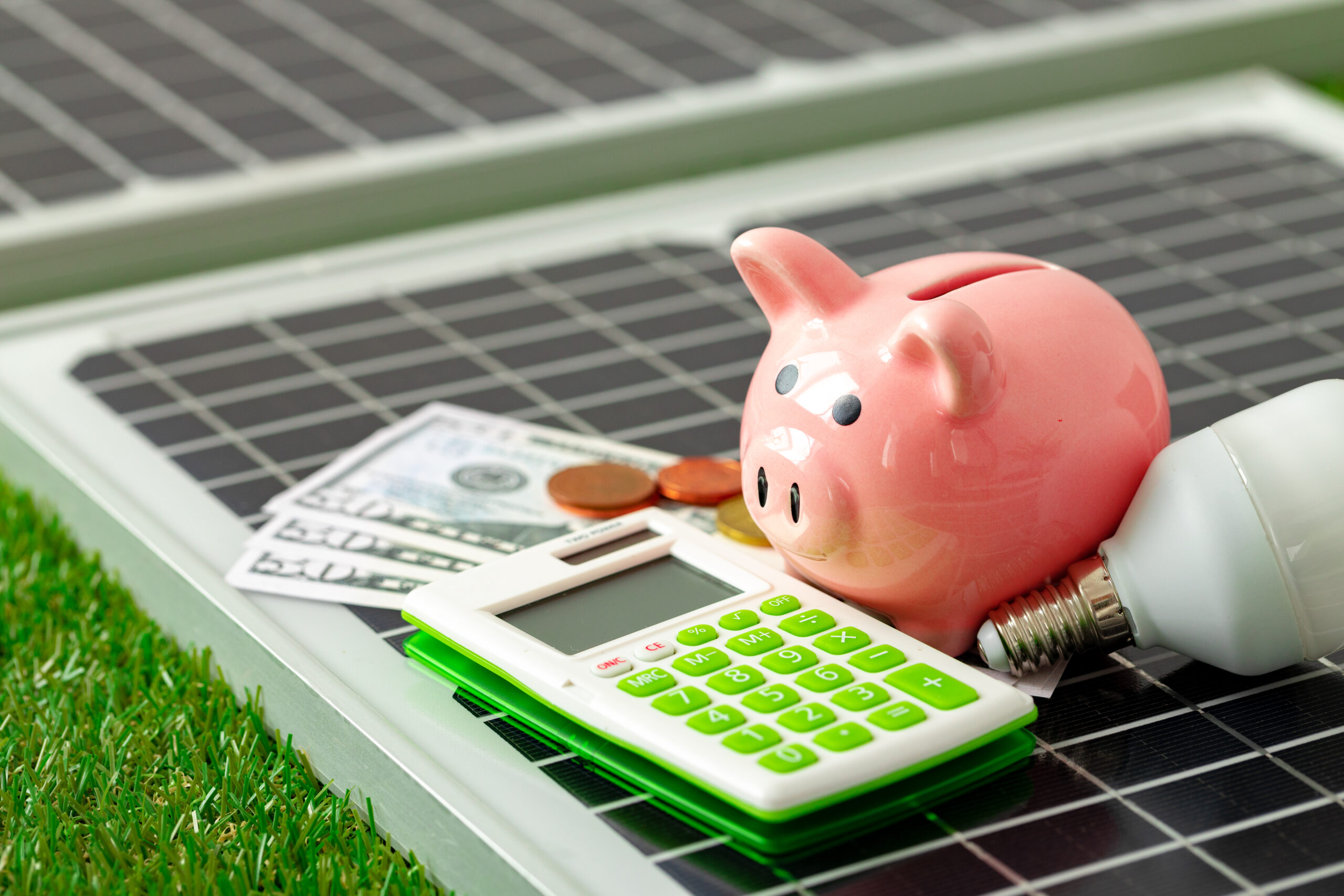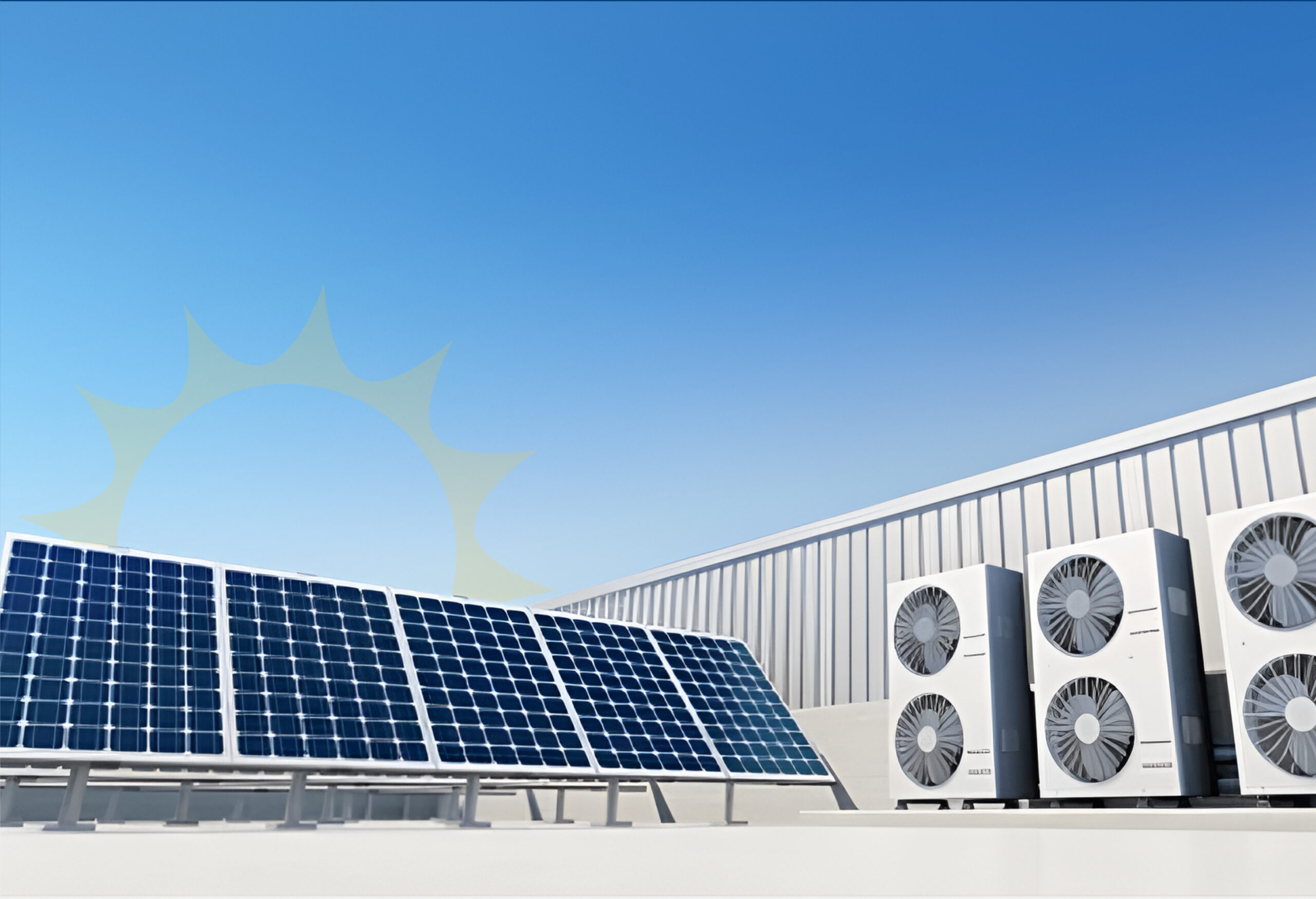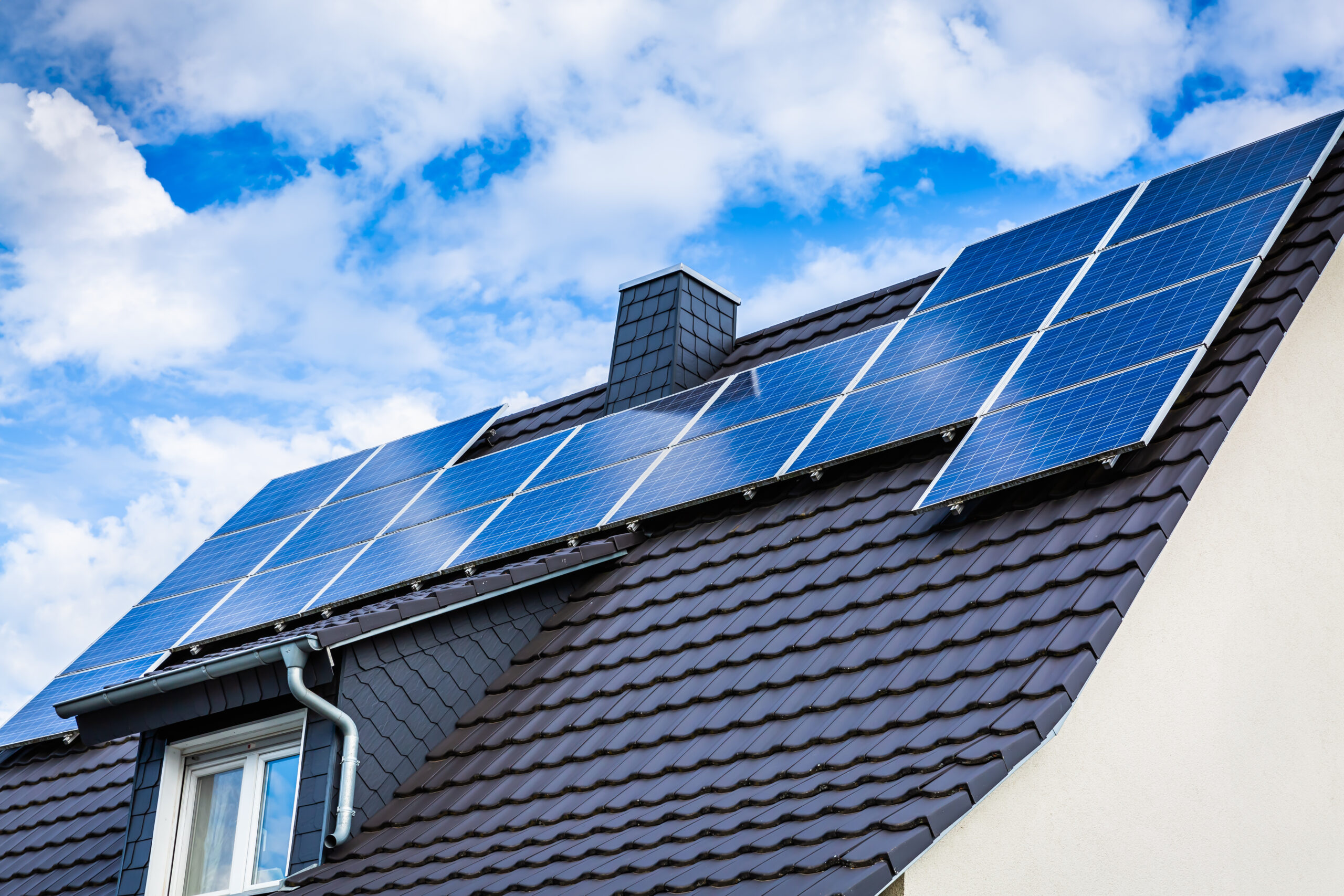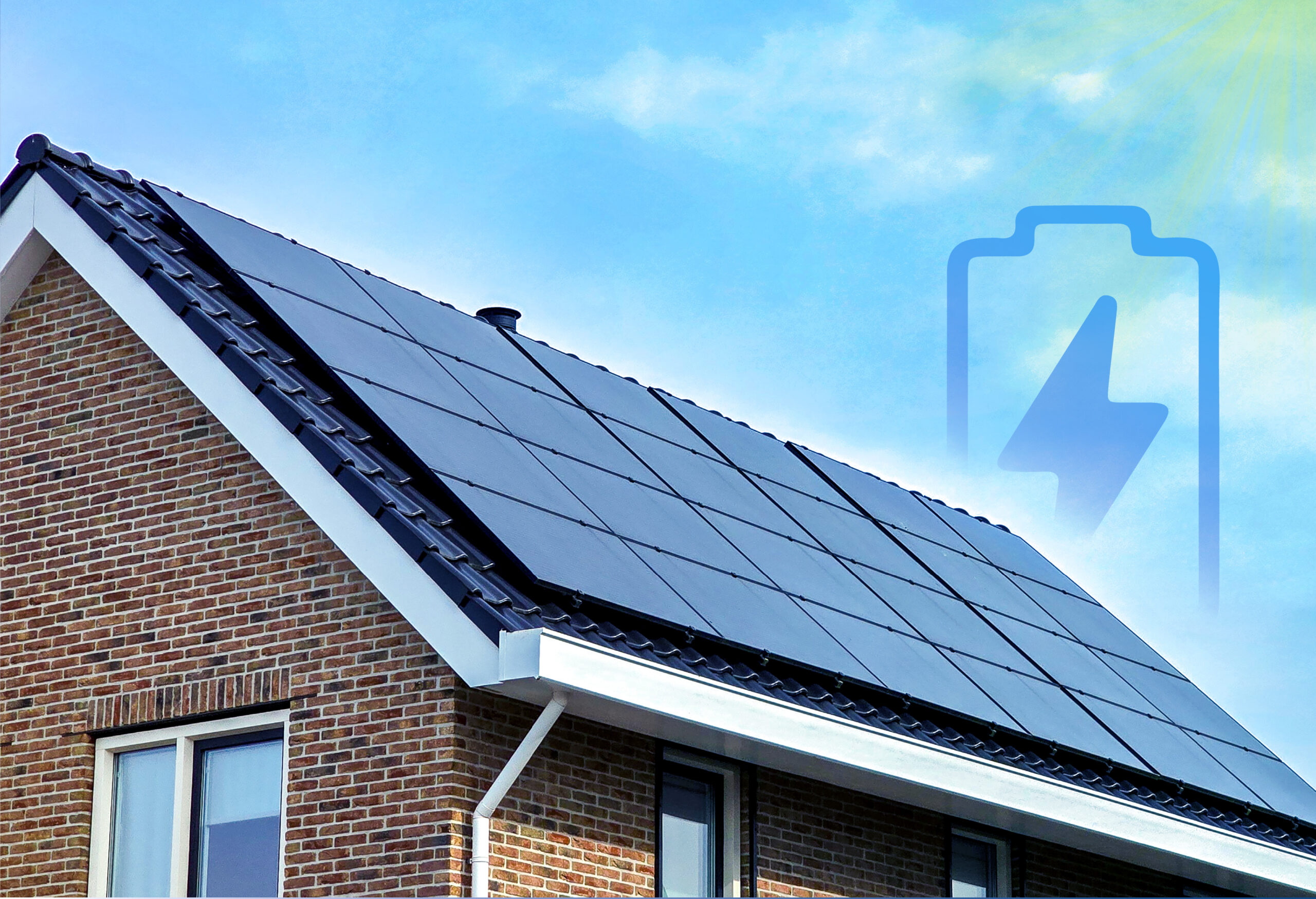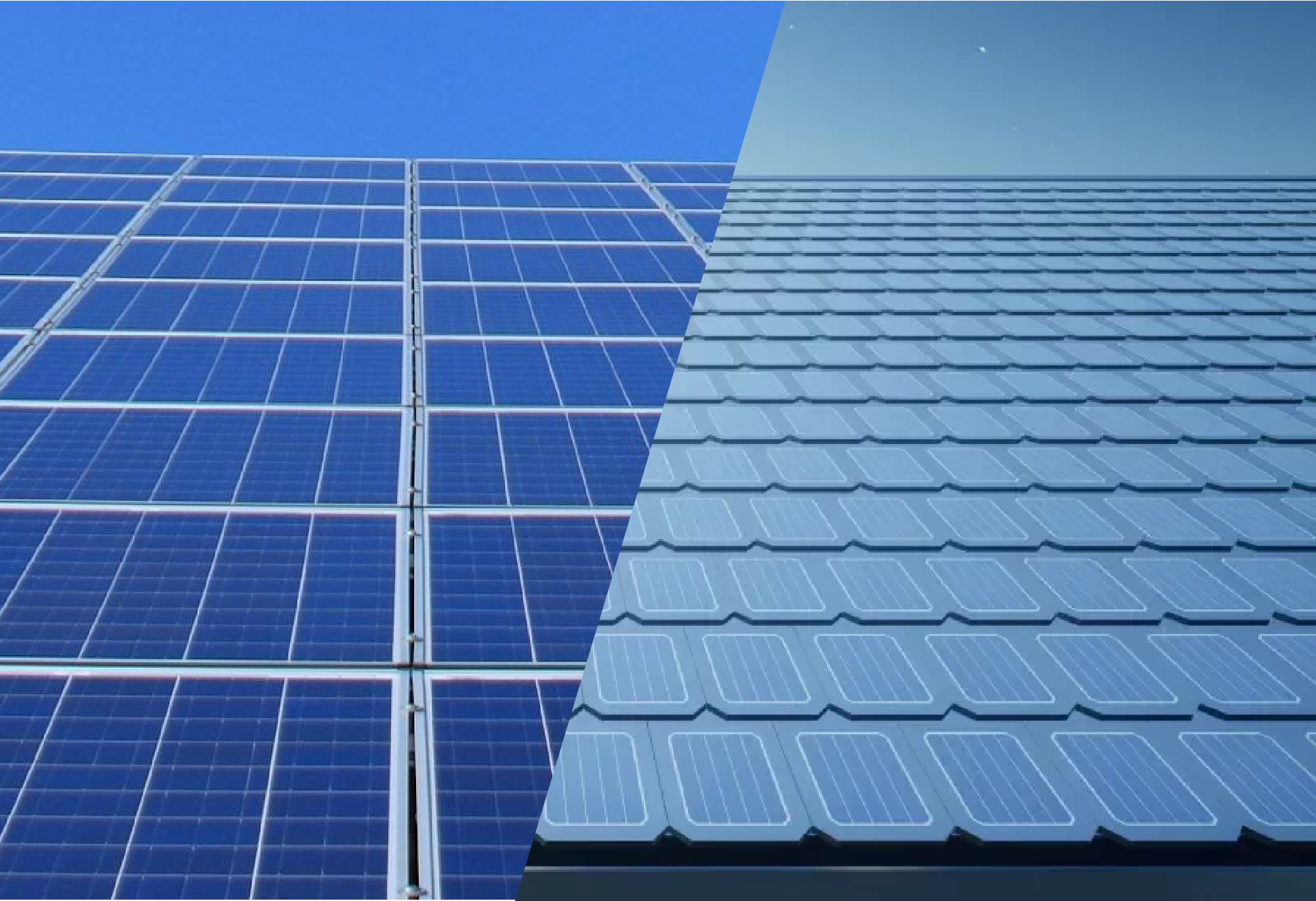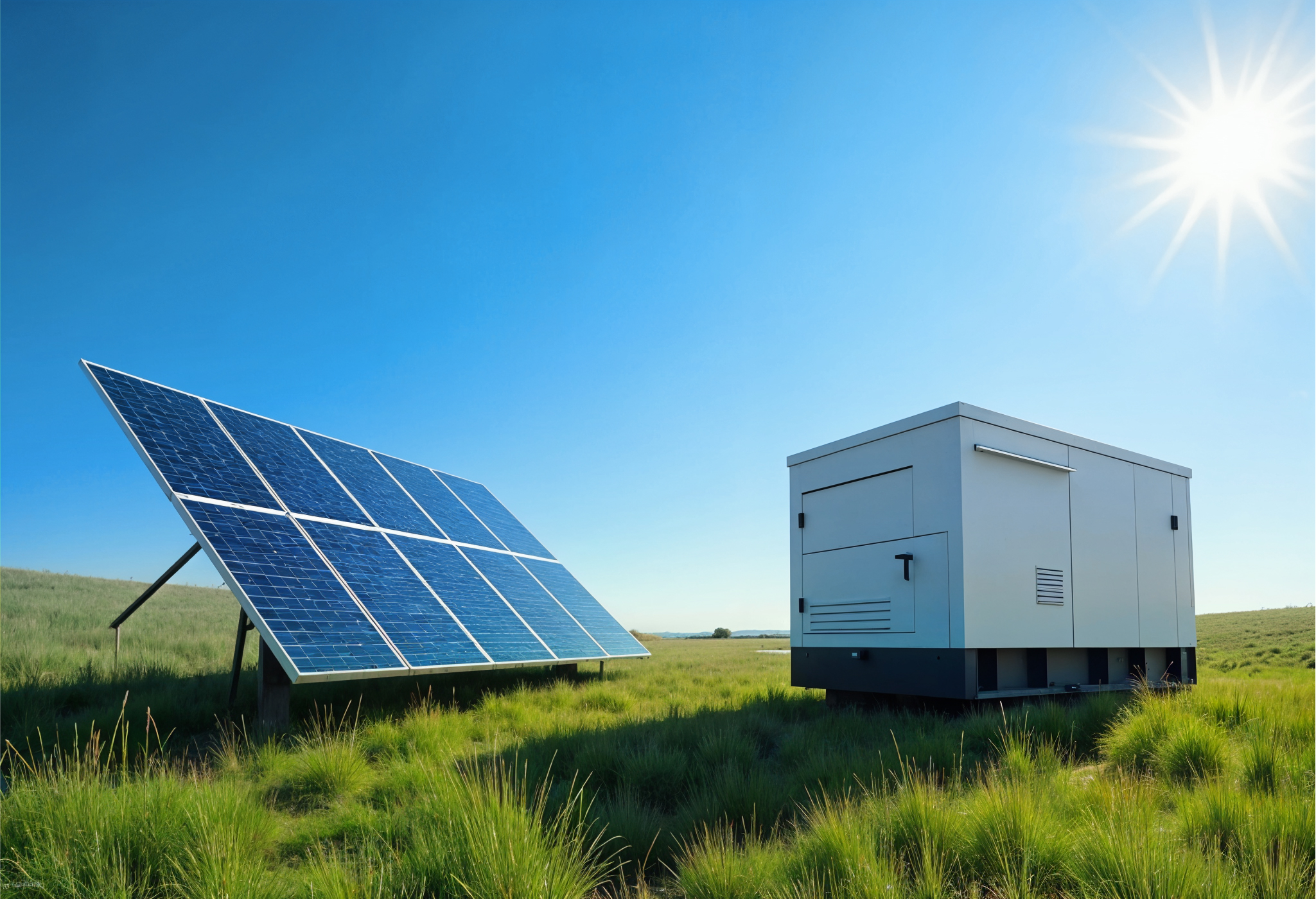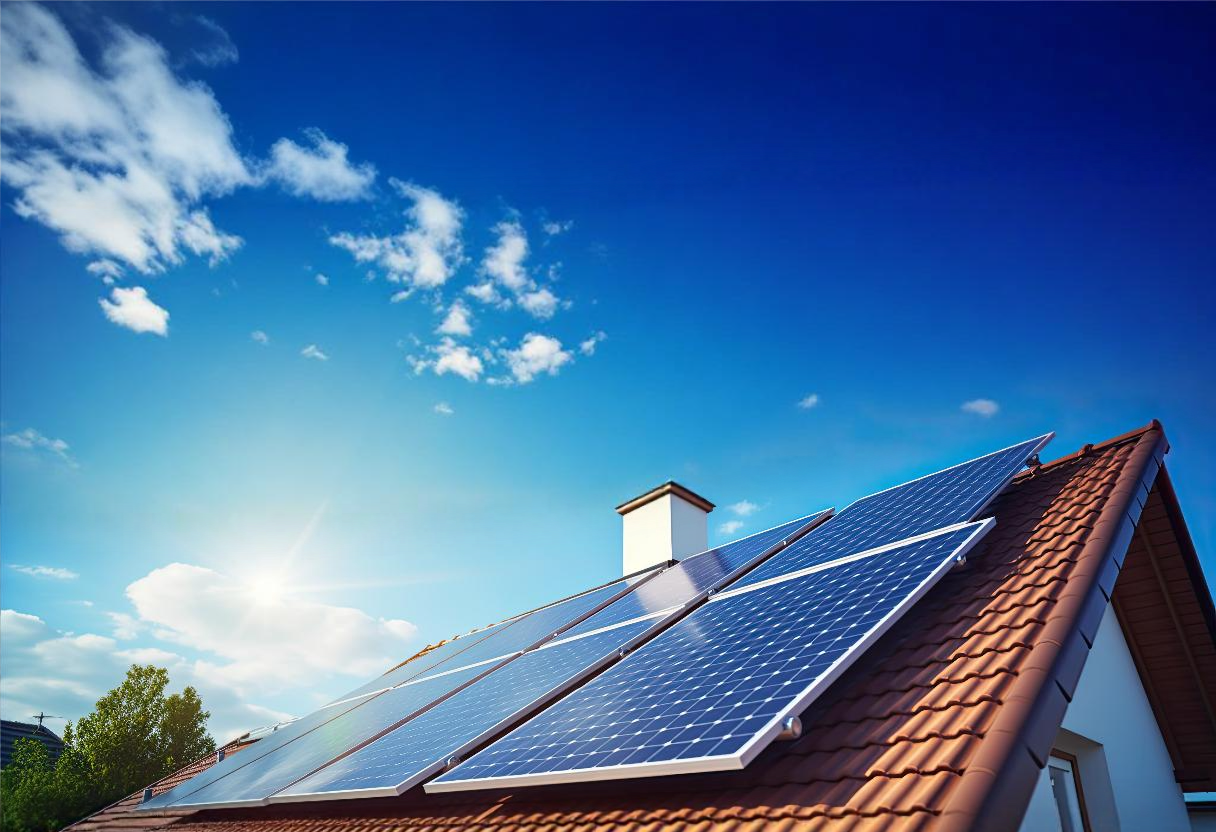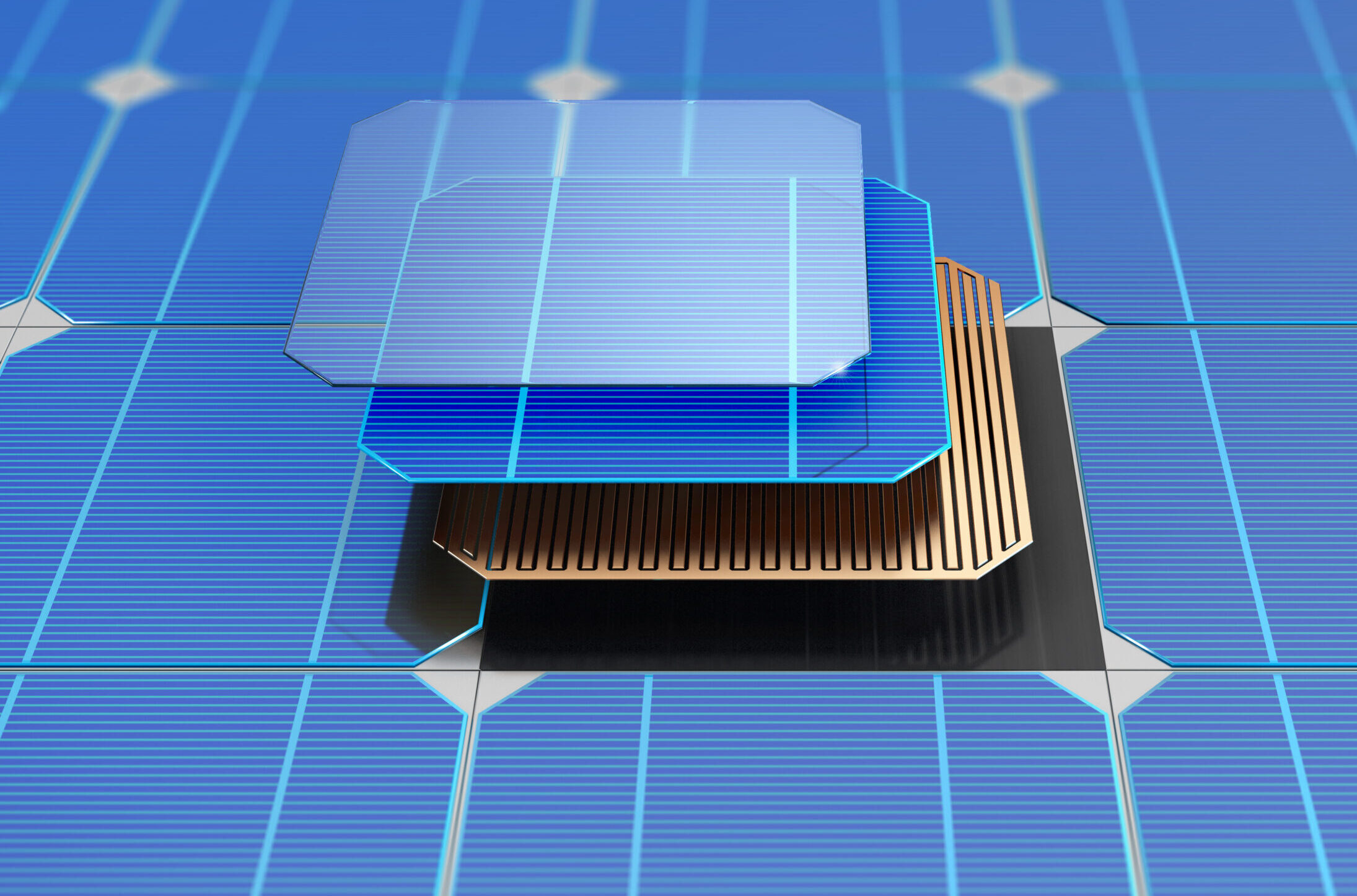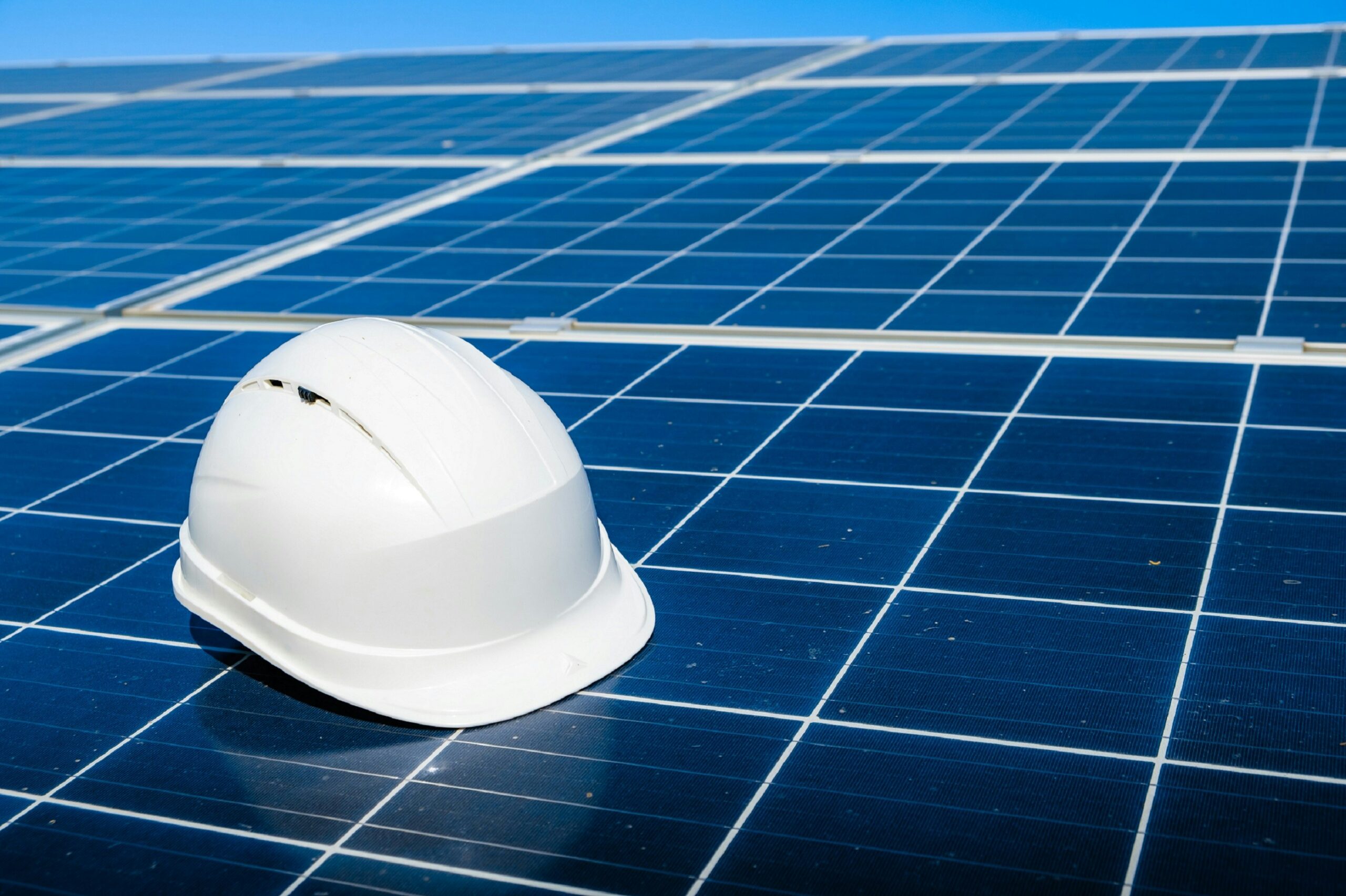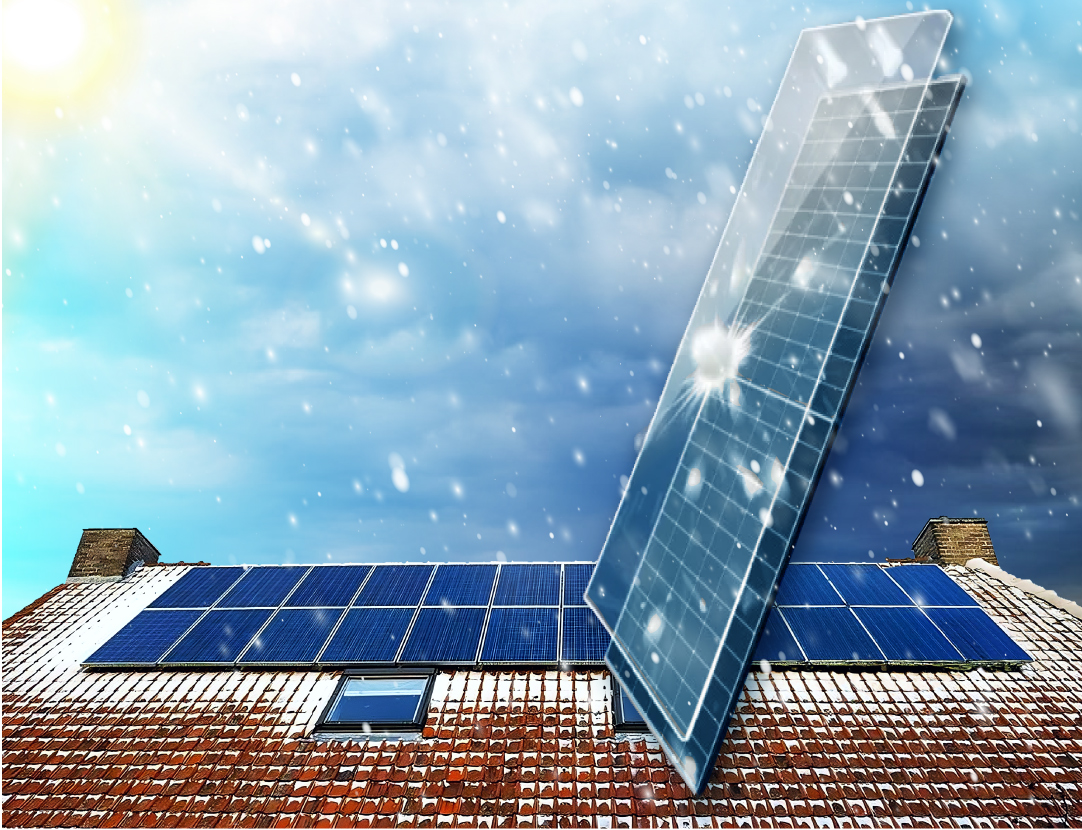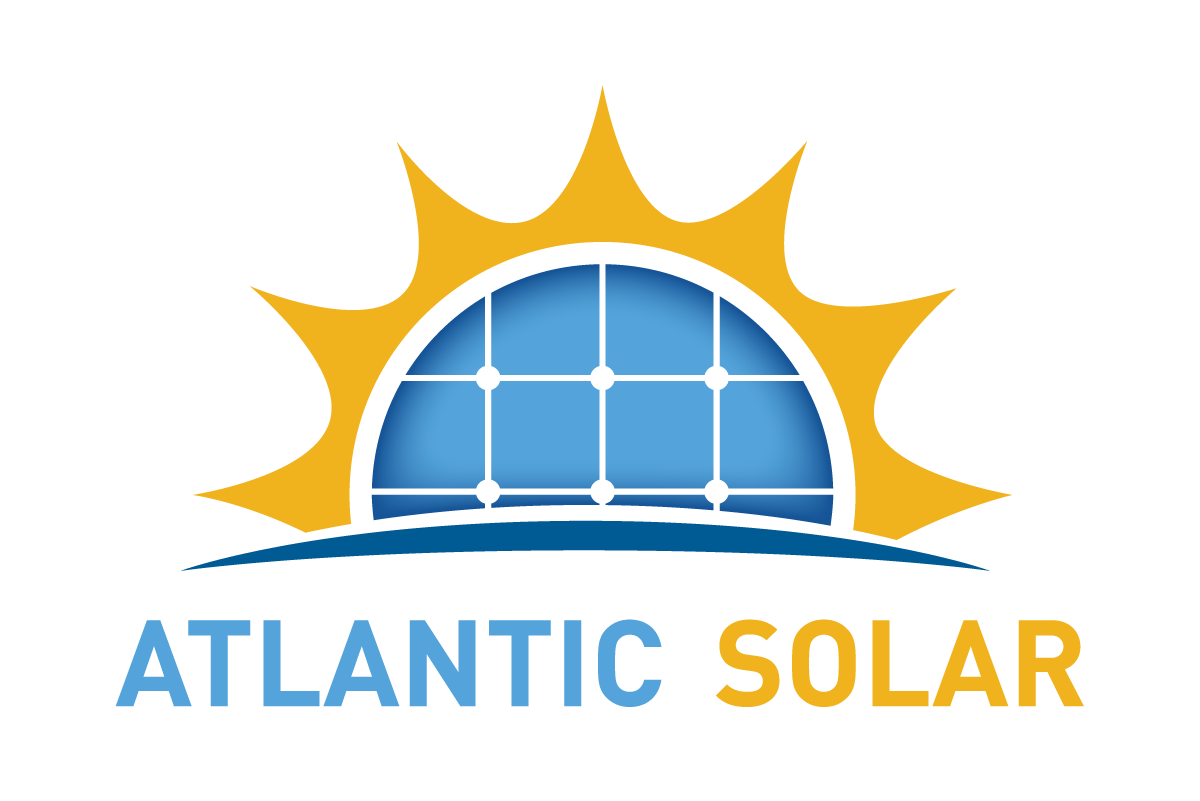Author: Mariela Guanchez
Maybe you’ve seen solar arrays perched on rooftops around Nova Scotia, quietly producing electricity. But have you ever paused to ask, How solar panels actually work? If you’re curious about the science behind turning sunlight into power, you’re in the right place. Let’s break down the essentials of how solar panels function, why it’s so beneficial in places like Nova Scotia, and how you can ride the wave of solar energy for your own home.
The Magic Ingredient: Photons
At the heart of it all is sunlight—streams of photons beaming down from the sun. When those photons strike the surface of a solar panel, they nudge electrons in the panel’s semiconductor material (often silicon) into motion. That motion is what we harness as direct current (DC) electricity.
Imagine each photon as a tiny messenger delivering a packet of energy. When these messengers arrive, they basically jostle the silicon’s electrons, causing them to flow. How solar panels work is largely about freeing electrons and guiding them to produce a usable electric current.
The Role of the Inverter
Because your home uses alternating current (AC) electricity, you need an inverter to transform that DC from the panels into AC. Think of it like a translator. Without the inverter, your TV, fridge, and lights wouldn’t know what to do with the raw power coming off the roof. Modern systems usually have either one central inverter or multiple microinverters—one per panel—each approach having its perks.
Grid-Tied vs. Off-Grid
In Nova Scotia, most residential setups connect to the provincial grid. That means if you produce more power than you use at any point, you feed it into the utility lines, earning net metering credits. Conversely, at night or on cloudy days, you pull from the grid as needed. The effect on your bill is that you only pay for your “net” usage over the month. If you go off-grid, you rely on batteries or generators to fill the gap. But for most homeowners, a grid-tied system is simpler and leverages those net metering benefits.
Benefits of Solar Energy
- Reduced Bills: Potentially slash your monthly electricity costs.
- Eco-Friendly: Each kilowatt-hour you generate means fewer fossil fuels burned.
- Stability: You’re cushioned from rate hikes.
I still remember my first month post-installation. I opened my bill and literally did a double-take. It was so much lower, I thought maybe the utility had messed up the reading. But no, it was just the panels quietly doing their job.
Why Nova Scotia’s Climate Helps
People think you need scorching desert sun to make solar feasible, but solar energy Nova Scotia style thrives thanks to net metering and moderate annual sunshine hours. Cold, crisp weather can actually boost panel efficiency because overheated panels can lose some voltage. Plus, with community support and Atlantic Solar’s guidance, the region’s becoming a fertile spot for adopting solar technology.
Maintenance & Lifespan
How solar panels work day to day is fairly hands-off. They have no moving parts, so the main tasks are ensuring they’re not covered in debris or heavy snow. Panels typically last 25–30 years or more, still generating 80%+ of their initial power by the end of that period. The inverter might need replacement once or twice in that lifespan, but that’s usually not a major expense relative to the overall savings.
Getting Started with Atlantic Solar
If you’re feeling that spark of excitement about how solar panels can power your home, your next step could be a consultation. We’ll size a system for your specific roof orientation, shading, and energy usage patterns. Then we’ll take care of the behind-the-scenes details—like net metering paperwork—so you can focus on that moment when your panels first start pumping out electricity under the Nova Scotian sun.
Conclusion
At its core, solar power is about harnessing the sun’s freely given energy to run your modern life, without the guilt (or cost) of depending purely on the grid. Understanding the basics—photons hitting silicon, inverters converting DC to AC—helps demystify the technology. And trust me, once you experience that first drastically reduced power bill, you’ll be glad you took the time to learn how solar panels work.

